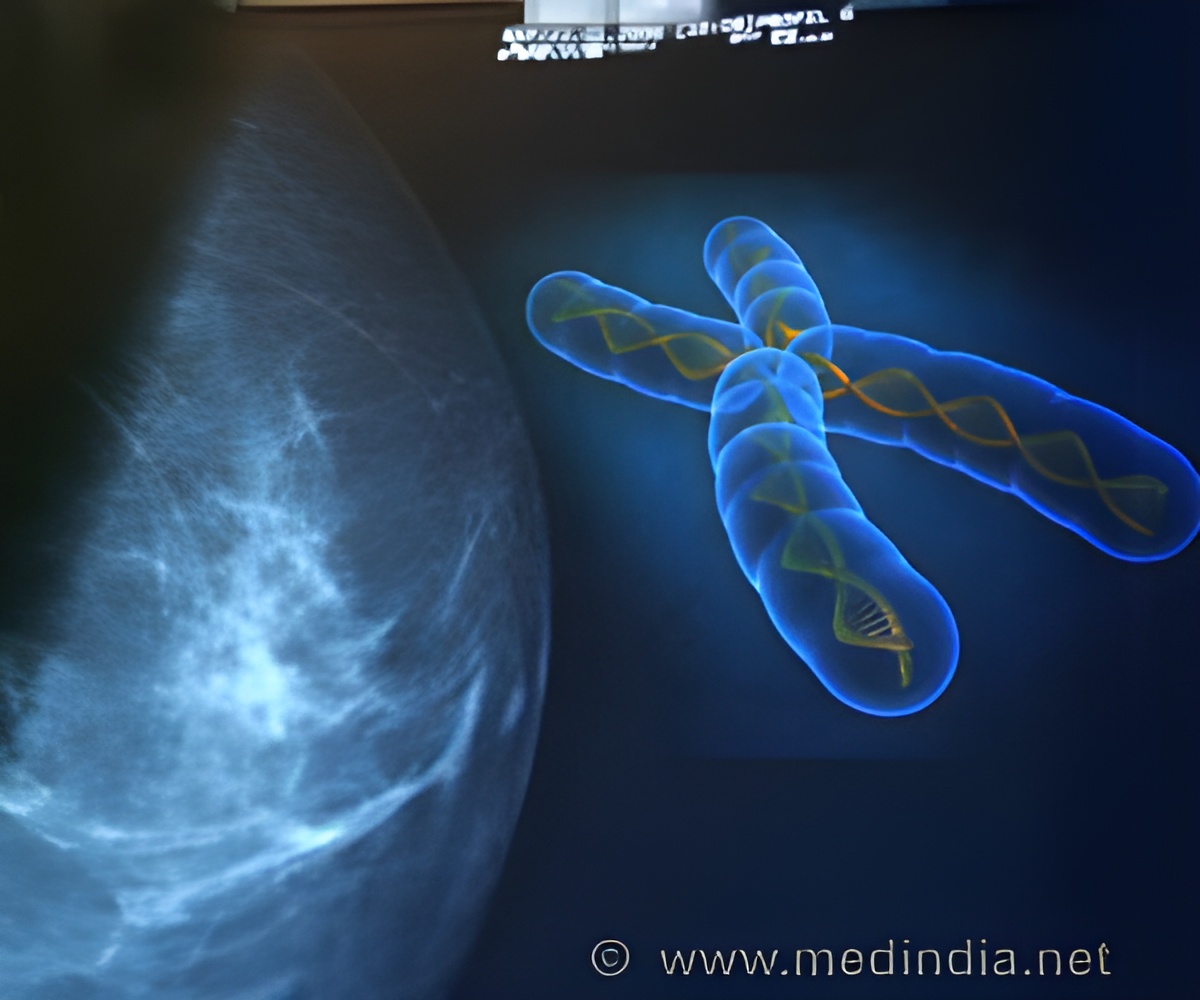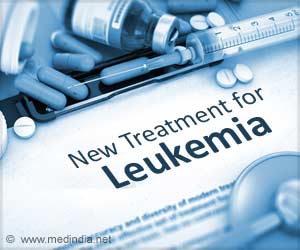A new gene EDC4 is identified to cause familial breast cancer. The mutated EDC4 genes are highly sensitive to PRAP indicators.

- Mutated EDC4 gene is involved in familial breast cancer.
- EDC4 gene encodes a protein that interacts with BRCA1 and also plays an important role in DNA repair.
- The other genes involved in breast cancer are BRCA1 and BRCA2
TOP INSIGHT
The mutated EDC4 genes are highly sensitive to PRAP inhibitors.
Genetic Origin of Breast Cancer
Breast cancer is one of the most common cancers prevalent in our society. The most important genes involved in breast cancer are BRCA1 and BRCA2. BRCA1 is a tumor suppressor gene; it is involved in DNA repair through homologous recombination and preserves the integrity of the genome. Breast and ovarian tumors lacking one of these two genes are highly sensitive to PRAP inhibitors . It is important to study the new genes that are involved in repair mechanism because they help in identifying new therapies to cure cancer.
Reference
- Gonzalo Hernández, María José Ramírez, Jordi Minguillón, Paco Quiles, Gorka Ruiz de Garibay, Miriam Aza-Carmona, Massimo Bogliolo, Roser Pujol, Rosario Prados-Carvajal, Juana Fernández, Nadia García, Adrià López, Sara Gutiérrez-Enríquez, Orland Diez, Javier Benítez, Mónica Salinas, Alex Teulé, Joan Brunet, Paolo Radice, Paolo Peterlongo, Detlev Schindler, Pablo Huertas, Xose S Puente, Conxi Lázaro, Miquel Àngel Pujana & Jordi Surrallés. Decapping protein EDC4 regulates DNA repair and phenocopies BRCA1. Nature Communications (2018)
Source-Medindia
 MEDINDIA
MEDINDIA




 Email
Email










